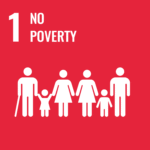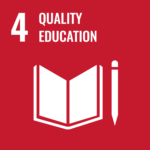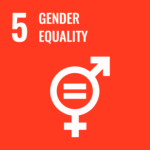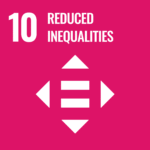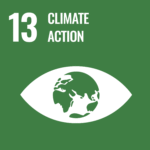Brighter Schools Initiative
The Brighter Schools Initiative (BSI) is one of the flagship programs of Brighter Future Africa (BFA), focused on improving access to quality education in rural and underserved communities across Ghana.
In many parts of Ghana — especially in the Oti, Savannah, Bono East, Northern, Upper East, and Upper West Regions — children face severe barriers to education. These challenges stem from chronic teacher shortages, poor infrastructure, lack of learning materials, and long distances to schools. Many trained teachers refuse postings to these areas due to the difficult living conditions, leaving pupils without consistent instruction and proper guidance.
The Brighter Schools Initiative seeks to bridge this gap by deploying, training, and sponsoring volunteer teachers to serve in deprived communities while improving school facilities and providing essential learning materials. The program ensures that children in rural Ghana are not left behind, but rather given equal opportunities to learn, grow, and succeed.
Objectives
Increase access to education for children in Ghana’s most underserved rural communities.
Improve teaching quality through teacher training, mentorship, and supervision
Provide essential teaching and learning materials to enhance classroom engagement
Support light school infrastructure upgrades to create safe, inclusive, and child-friendly environments
Promote gender equality and inclusivity by ensuring equal access for girls and children with disabilities
Integrate climate education and sustainable practices in rural schools to build environmental consciousness among students
Program Components

Volunteer Teacher Recruitment & Deployment
- BFA recruits passionate young graduates and trained educators willing to serve as volunteer teachers in hard-to-reach rural schools.
- Teachers receive orientation and continuous training in classroom management, learner-centered teaching, and inclusive education.
- BFA provides modest stipends and teaching kits to support their service, in collaboration with local education offices and school management committees.

Provision of Teaching & Learning Materials
- Schools receive essential classroom materials such as textbooks, stationery, visual aids, and basic teaching equipment.
- Reading corners and mini-libraries are set up in selected schools to promote literacy and reading culture.

Teacher Capacity Building
- Regular refresher workshops equip volunteer teachers with new teaching methodologies and digital literacy skills.
- Mentorship from experienced educators ensures quality teaching and professional growth.

Light Infrastructure Support
- Minor school rehabilitation including classroom painting, furniture provision, blackboard renewal, and improvement of sanitation facilities.
- Community participation is encouraged to enhance ownership and sustainability of the improvements.

Community Engagement & Advocacy
- Local leaders, parents, and teachers are mobilized to promote education, reduce absenteeism, and support girls’ schooling.
- BFA conducts sensitization campaigns on the value of education, child protection, and climate awareness.
Expected Outcomes
- Increased teacher presence and classroom coverage in rural Ghana.
- Improved learning outcomes and reduced dropout rates.
- Strengthened teacher motivation and competence.
- Enhanced community participation and school ownership.
- Greater gender equity and inclusion in basic education.
- Environmentally conscious and sustainability-minded learners.
Sustainability
To sustain impact, BFA partners with the Ghana Education Service (GES) and District Education Directorates to integrate successful volunteer teachers into the mainstream system. Community education committees are established to maintain school support and local oversight. Partnerships with corporate organizations, local assemblies, and philanthropic donors provide financial and material resources to sustain teacher support, infrastructure, and educational supplies.
Through the Brighter Schools Initiative and related programs, BFA expands access to quality education (SDG 4) for children in underserved areas. We promote gender equality (SDG 5) by ensuring girls have equal learning opportunities and help reduce poverty (SDG 1) and inequalities (SDG 10) through inclusive educational access. By integrating climate education (SDG 13), we raise environmentally aware learners ready to build a sustainable future.
